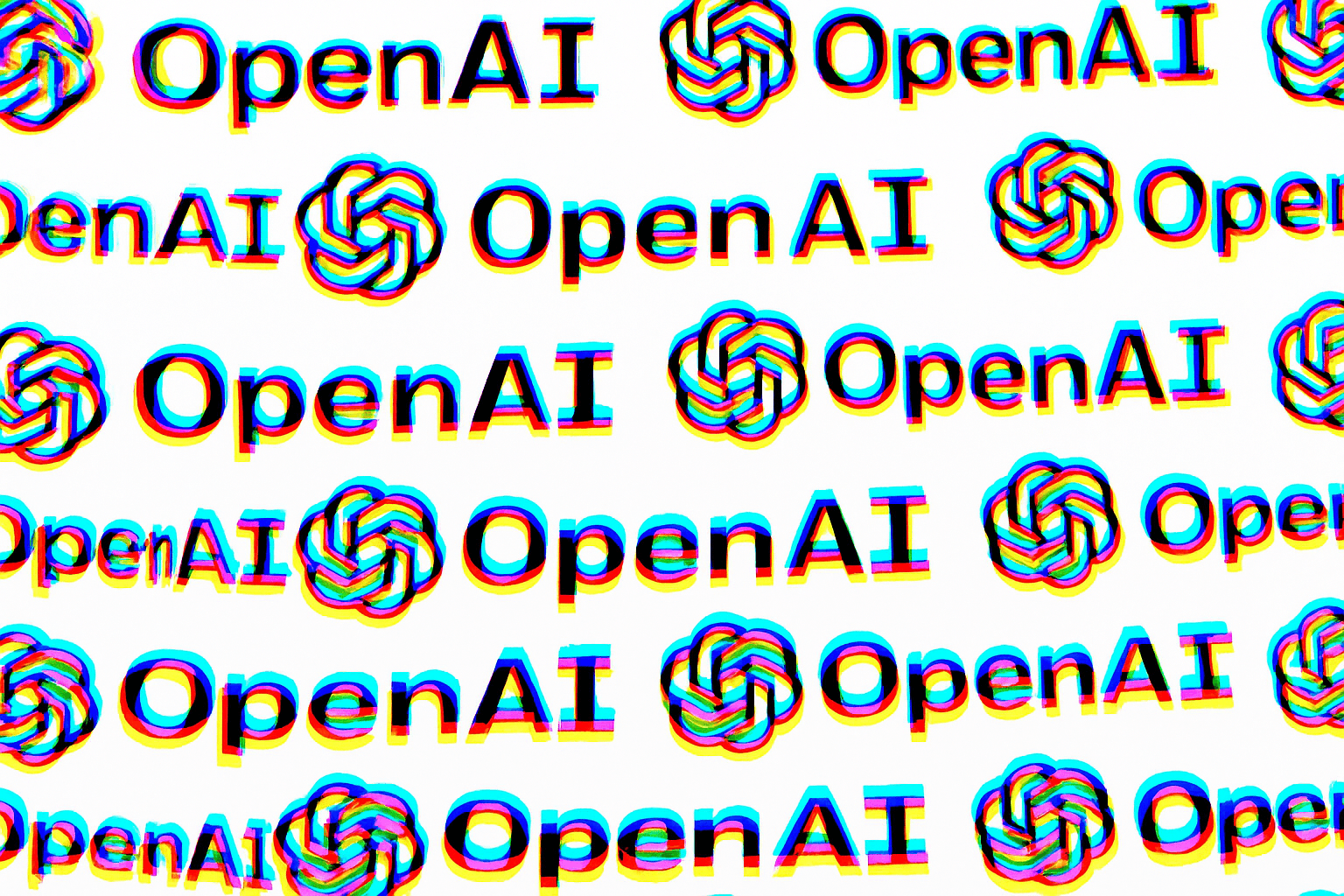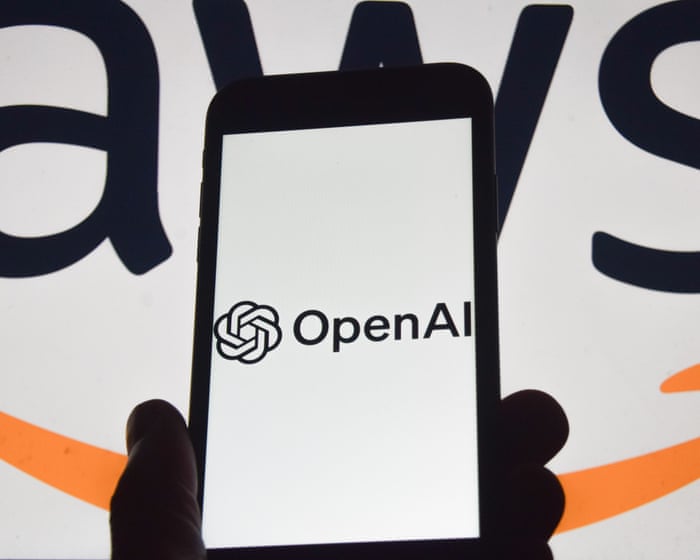How to deploy MCP Servers on AWS with the Best Practices
PositiveArtificial Intelligence

This article provides a practical guide on deploying Model Context Protocol (MCP) Servers on AWS, which are essential for connecting AI applications with external systems. As AI continues to evolve, understanding how to effectively integrate chatbots like ChatGPT and Claude Desktop with databases and other services is crucial for developers. By following best practices outlined in this guide, developers can enhance the efficiency of their AI solutions, making this information particularly valuable in today's tech landscape.
— Curated by the World Pulse Now AI Editorial System












